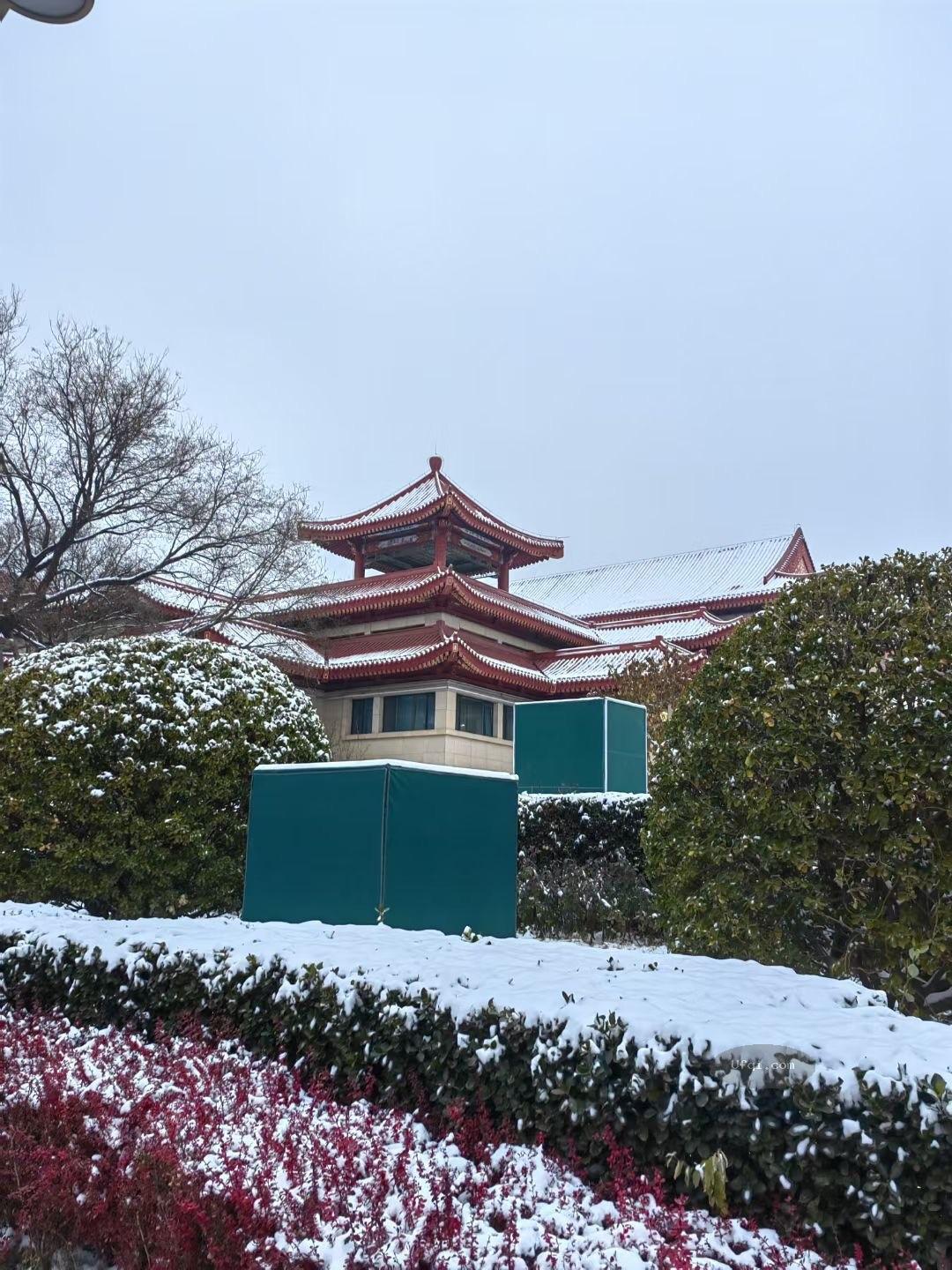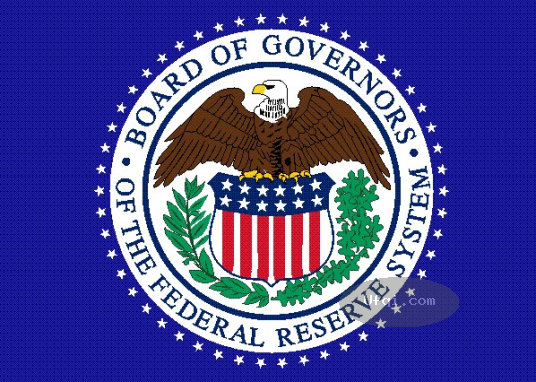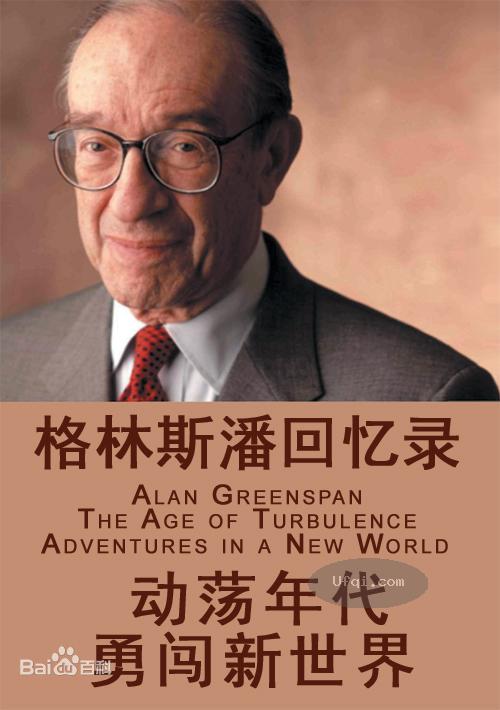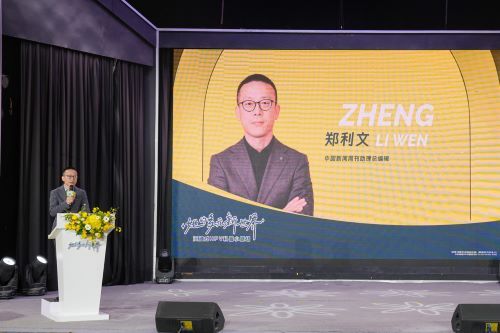


2023-05-03 , 8660 , 104 , 151
美国联邦储备委员会主席艾伦格林斯潘回忆录——动荡年代:勇闯新世界-the age of turbulence-24
美联储的主要股东之一美联储纽约银行的注册资本金为1.43亿美元,上述这些银行究竟是否支付了这笔钱仍然是个谜。
有些历史学家认为他们只付了一半现金,另一些历史学家则认为他们根本没出任何现金,而仅仅是用支票支付,而他们自己所拥有的美联储的账户上只有几个数字的变动而已,美联储的运作其实就是“以纸张做抵押发行纸张”。难怪有的历史学家讥讽联邦储备银行系统既不是“联邦”,又没有“储备”,也不是银行。
1978年6月15日,美国参议院政府事务委员会(Government Affairs)发布了美国主要公司的利益互锁问题的报告,该报告显示,上述银行在美国130家最主要公司里拥有470个董事席位,平均每个主要公司里有3.6个董事席位属于银行家们。
其中,花旗银行控制了97个董事席位;J.P.摩根公司控制了99个;汉华银行控制了96个;大通曼哈顿控制了89个;汉诺威制造控制了89个。
----
PRIVATE CITIZEN
Reagan thanked us for setting things straight. But he also stuck to his guns. When Democrats started challenging him on his mistake, he told reporters,
"As far as I am concerned, the line between recession and depression cannot be measured in the strict economists' terms, but must be measured in human terms. When our working people—including those who are unemployed—must endure the worst misery since the 1930s, then I think we ought to recognize that they consider it a depression."
I was impressed at how he'd been able to turn a mistake to his political advantage.
I assumed this would be the end of the matter, but apparently the episode touched off an association in Reagan's memory. The following week he added a new punch line to his stump speech. He started telling the crowds that the president was hiding behind a dictionary. "If it's a definition he wants, I'll give him one," Reagan would continue. "A recession is when your neighbor loses his job. A depression is when you lose yours. And recovery is when Jimmy Carter loses his!"
The crowds loved it, and it became one of his most oft-quoted lines.
You had to hand it to Reagan. Even though President Carter wasn't actually the one who'd corrected his economics and even though the first two clauses of the punch line were an old joke by Harry Truman, Reagan had spun the episode into a funny and powerful campaign story.
What attracted me to Reagan was the clarity of his conservatism.
There was another line he often used on the stump:
"Government exists to protect us from each other. Where government has gone beyond its limits is in deciding to protect us from ourselves."
A man who talks in such terms is clear on what he believes. Very rarely in those days would you find conservatives who didn't fudge on social issues. But Reagan's kind of conservatism was to say that tough love is good for the individual and good for society.
That proposition starts with a judgment about human nature. If it's accurate,
then it implies much less government support for the downtrodden.
Yet mainstream Republicans were conflicted about thinking or talking in such terms, because they seemed contrary to Judeo-Christian values. Not Reagan. Like Milton Friedman and other early libertarians, he never gave the impression he was trying to be on both sides of the issue. It's not that there wasn't sympathy for people who, through no fault of their own, find themselves in dire straits; nor would you find any less personal willingness
87
than among liberals personally to assist the downtrodden. But that wasn't government's role, according to Reagan. Tough love, in the long run, is love.



A little later in the campaign, they put me on the plane with Reagan for a cross-country flight. I was given a very specific task. The presidential debates were approaching, and the governor's top aides were concerned about criticism that Reagan sometimes seemed oblivious of facts. Martin Anderson asked if I would use a cross-country flight to brief the candidate thoroughly—not just on the economy, but on all the significant domestic issues. "He knows you were a good adviser to Ford," Marty told me. "He'll listen to you." When I agreed, Marty pulled out a briefing book and handed it to me. It was a binder labeled Domestic Policy that must have been half an inch thick. He said, "Just make sure you get through every topic."
I studied up on the material, and later that day, when we got on the flight, Reagan's staffers sat me at a table facing the governor, with Marty by his side. I noticed that they'd helpfully provided copies of the binder, one for each of us. But Reagan was in an expansive mood, and by the time the plane took off, he was asking friendly questions about Milton Friedman and other people we knew in common. The conversation blossomed from there.
I think I heard more clever stories during that flight than in any other five-hour period in my life. Marty kept shooting me glances, but I couldn't get Reagan to open the briefing book. I tried a few times to steer the conversation that way and then gave up. After we landed, I said, "Thank you, Governor.
That was a very enjoyable trip." And Reagan said, "Oh, I know Marty doesn't like the fact that I didn't crack a book."
His temperament fascinated me. He brought a sunniness and benevolence to the presidency that never wavered, even when he had to deal with a dysfunctional economy and the global danger of nuclear war. Stored in his head must have been four hundred stories and one-liners; while most of them were humorous, he was able to tap them instantly to communicate politics or policy. It was an odd form of intelligence, and he used it to transform the country's self-image. Under Reagan, Americans went from believing they were a former great power to regaining their self-confidence.
His stories sometimes had an edge. He told one on the airplane that seemed particularly meant for me. It started with Leonid Brezhnev on the reviewing stand at Lenin's Tomb, surrounded by underlings, watching the
88
May Day parade. The Soviet Union's full military might is there on display.
First come battalions of elite troops, impressive soldiers, all six foot two;
marching in absolute lockstep. Right behind them are phalanxes of stateof-the-art artillery and tanks. Then come the nuclear missiles—it's an awesome show of strength. But after the missiles comes a straggle of six or seven civilians, unkempt, shabbily dressed, utterly out of place. An aide rushes up to Brezhnev and begs forgiveness.
"Comrade Secretary, my apologies, I do not know who these people are or how they've come into our parade."
"Do not be concerned, Comrade," replies Brezhnev.
"I am responsible for them. They are our economists, and you have no idea how much damage they can do."
Behind the humor was Reagan's long-held distrust of economists who promoted what he saw as destructive government interference in the marketplace.
He was, of course, at root devoted to free markets. He wanted to open up the action in the economy. Though his grasp of economics wasn't very deep or sophisticated, he understood the tendency of free markets to self-correct, and the fundamental wealth-creating power of capitalism. He trusted Adam Smith's invisible hand to both encourage innovation and produce outcomes that he generally perceived as fair. That's why it sometimes made sense to leave the briefing book closed. Reagan's emphasis on the big picture helped him defeat a president who seemed compelled to micromanage.*
My involvement with the campaign made me a bit player in Reagan's choice of a running mate, a drama that unfolded at the Republican convention in late July. By then, Reagan had the nomination locked up, but the race against President Carter looked close. Polls showed that the choice of a running mate could be crucial. In particular, a ticket of Ronald Reagan and Jerry Ford would pick up 2 or 3 percentage points, enough to win.



UfqiLong
I learned this in the midst of the convention, which that year was in Detroit. Reagan had a suite on the sixty-ninth floor of the Renaissance Center Plaza Hotel,
*Years later, I learned that Reagan always worried about being "overbriefed" by his advisers; in the 1984 campaign, he blamed overbriefing for his poor performance against Mondale in the first televised debate.
89
and on Tuesday of convention week he called Henry Kissinger and me to his room and asked if we would feel out the former president. He and Ford had been political rivals for years, but they had buried the hatchet several weeks before, when Reagan had gone to visit Ford in Palm Springs. Evidently the governor had broached the idea of a joint ticket then; and while Ford had said no, he'd also made it clear to Reagan that he wanted to help defeat Jimmy Carter.
Reagan told us he had raised the possibility of the vice presidency again with Ford earlier that day and now he was pulling us in because we'd been among Ford's closest advisers (Kissinger of course had been his secretary of state).
Ford was staying in a suite just one floor above Reagan's, and Henry and I called and asked if we could stop by. We met with him and talked briefly that night. The following afternoon we came back so Henry could present a set of talking points about the vice presidency written by Reagan's counselor Ed Meese and others in the Reagan camp. Because a former president had never served as vice president, they were envisioning an expanded role that would make the job attractive and appropriate for Ford. In their proposal,
Ford would be the head of the president's executive office, with power over national security, the federal budget, and more. In effect, while Reagan would be America's chief executive officer, Ford would be its chief operating officer.
Personally I hoped Ford would accept; I felt the nation needed his skills.
But while he clearly felt the pull both of duty and of the limelight, Ford was skeptical that a "super vice presidency" would actually work. For one thing, it raised constitutional questions—the role was clearly beyond what the Founders had envisioned. For another thing, he doubted that any president could or should accept a dilution of power in carrying out his oath of office. Also he was ambivalent about going back to Washington.
"I've been out of office four years, and I'm having a wonderful life in Palm Springs,"
he said.
Yet he really wanted to help unseat Carter, who he thought was a weak president. There was lots of back-and-forth between the two camps, and toward the end of the day Ford told us, "The answer now is still no, but I'll consider it."
Rumors of a Reagan-Ford "dream ticket" meanwhile were sweeping the convention floor. When Ford made a previously scheduled appearance on the CBS EveningNews, Walter Cronkite asked pointedly about the possibility of a "co-presidency." Ford answered with his typical forthrightness. He would never come back as a "figurehead vice president/' he said. "I have to go there with the belief that I will play a meaningful role across the board in the basic and the crucial and the important decisions."
90
(未完待续, To be contd)



🔗 连载目录
🤖 智能推荐









